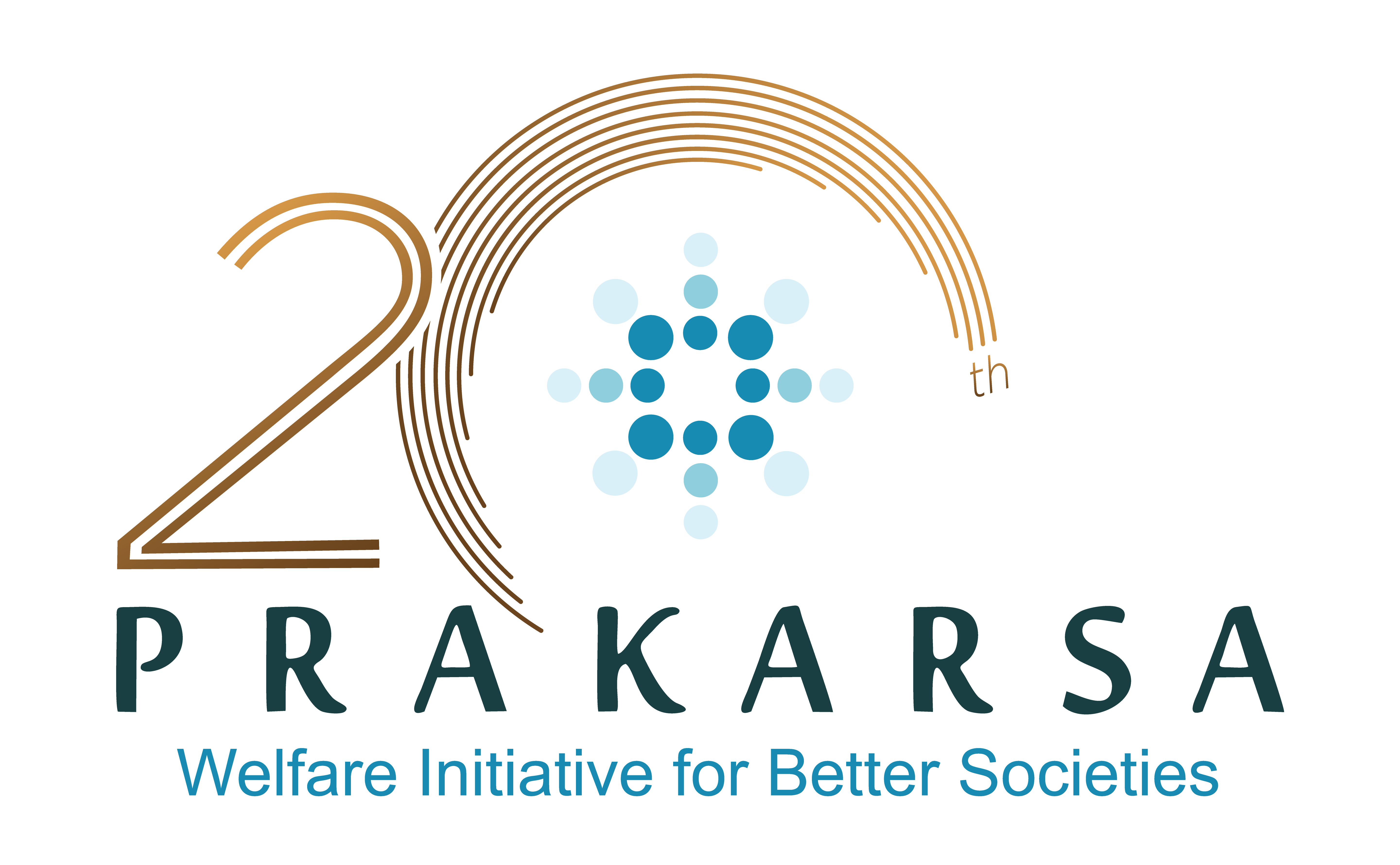It is high time for all ASEAN member states to collaborate with one another and agree upon the common minimum standards for corporate tax incentives in the region, to prevent harmful tax practices that drain essential public revenue and create unnecessary competition among members, and to achieve a common goal of building a sustainable and resilient region.
The ASEAN region is experiencing unprecedented economic inequality, as some countries still have the highest poverty levels in the world and most countries in the region are failing to invest sufficiently in essential public services. Progressive tax collection and social spending on essential public services such as healthcare, education, and social protection are the most effective ways to fight poverty and inequality. However, most countries in the region fail to invest sufficiently in those services. For some countries (Cambodia, Laos, Vietnam, Malaysia, and Myanmar), the situation is so critical that the Asian Development Bank has already warned that if they do not mobilize significantly greater revenues in the coming years, the 2030 Sustainable Development Goals (SDGs) will not be met.
The most worrying aspect is that this lack of spending is being seen at a time when countries in the region already seeing their fiscal space stretched. Most ASEAN countries have suffered persistent budget deficits for a long period. Malaysia, Myanmar, and Laos are expected to experience these deficits throughout 2000-2020. Vietnam, Cambodia, Indonesia, and the Philippines will have run the deficits for 17 to 20 years in the same period. In 2018 alone, six ASEAN countries had significant budget deficits, and some have high levels of public debt. On average, the ASEAN region saw a budget deficit of 1.5% of gross domestic product (GDP) in 2018. Budget deficits and consequently public debt are likely to see further significant increases due to the extra budgetary efforts that will be required to overcome the current economic challenges and the health crisis created by the COVID-19 pandemic. It is expected that nine ASEAN countries face budget deficits in 2020 with the average one at 4.2% of GDP.
In the ASEAN region, levels of revenue collection, measured as a proportion of GDP, remain very low compared with OECD countries. The average ratio across the region was 19.1% of GDP in 2018, lower than half that collected on average in the OECD countries and lower than in the Latin America and the Caribbean region. These low ratios mean that countries in the region have little budget capacity and are running public deficits, and this gap has dramatic consequences for the quality of public services, infrastructure, and levels of good governance.
Even before the COVID 19 pandemic, the situation in ASEAN was already unsustainable. Now the situation is even more dire. Initial estimates from the OECD3 predict that the pandemic will have significant negative impacts on tax revenues, while at the same time budget burdens will increase due to governments’ efforts to introduce supportive packages to help cope with the disease. In ASEAN countries, the expected budget spending in response to the coronavirus is enormous. Singapore, for example, will spend a sum equivalent to about 13% of its GDP on extensive fiscal stimulus measures and Thailand 9%, while in the Philippines, Indonesia, and Vietnam the figure will be about 3% of GDP.
Despite decades-long sustained economic growth, why do countries in the ASEAN region still collect such low amounts of revenue? Because these countries are still highly dependent on revenues from corporate income tax (CIT); however, they are giving up huge amounts of revenue by offering large tax incentives to both domestic and foreign investors. International institutions have repeatedly warned countries in the region to stop offering redundant tax incentives. Tax losses due to corporate tax incentives were estimated to be 6% of GDP in Cambodia and 1% of GDP in Vietnam and the Philippines.5 These lost revenues could have been crucial now in covering large parts of the extra budget spending on responses to COVID-19: These in the Philippines and Vietnam, for example, are equivalent to a third of their financial efforts in response to the COVID 19 pandemic.
ASEAN countries need to stop this race to the bottom in taxation at the political level to improve their domestic revenue mobilization if they are serious about overcoming sustainable development challenges such as climate change, widening inequality and high levels of poverty while also recovering from the COVID-19 crisis.
In light of this, the report recommends ASEAN to take the following actions to strengthen tax cooperation across the region:
- Draw up a whitelist and a blacklist of tax incentives
- Agree on a minimum tax standard across the ASEAN region
- Establish rules for the good governance of tax incentives
Summary
DownloadEnglish Version
Full Report
DownloadEnglish Version

